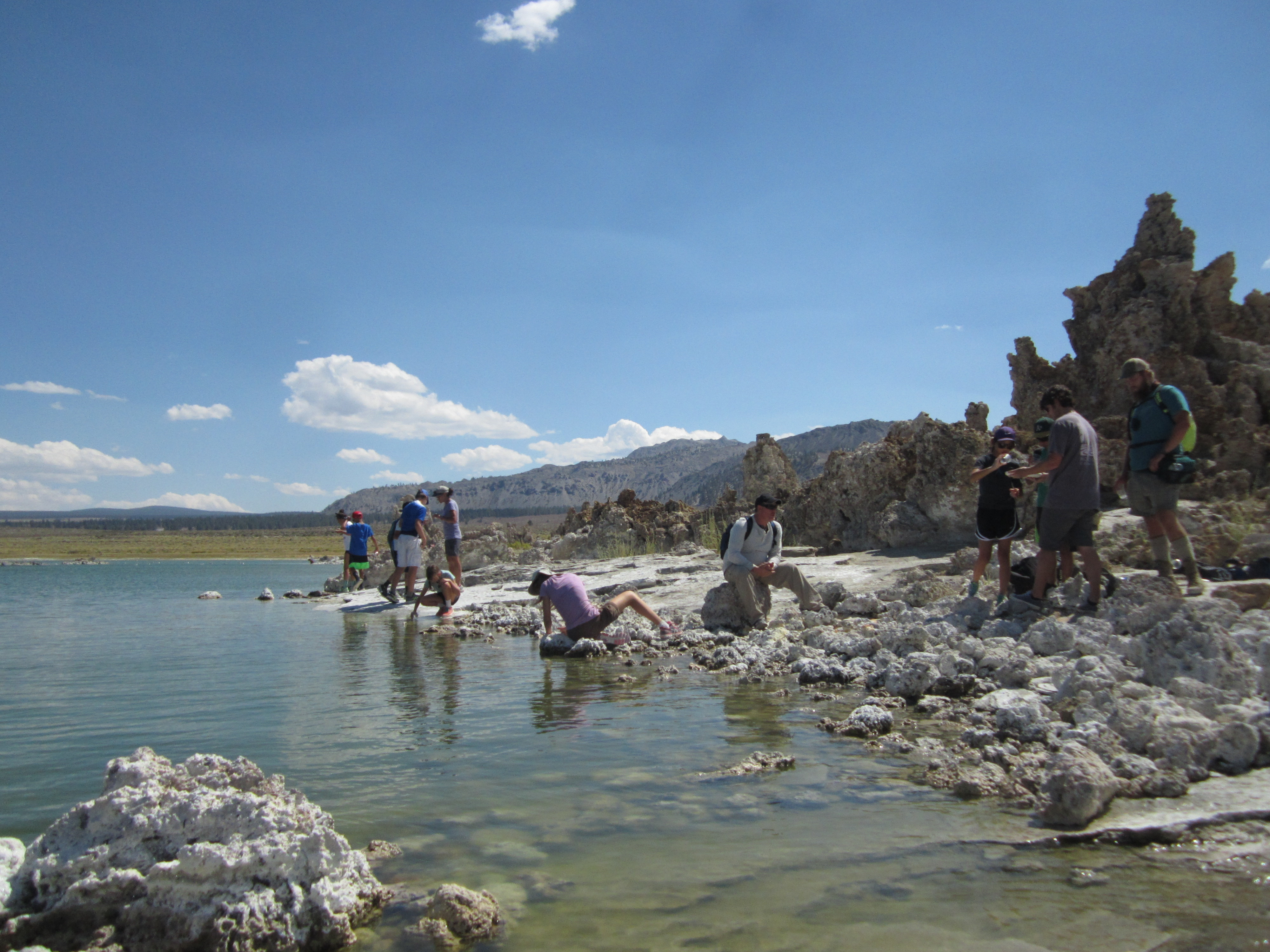Two weeks ago, Keys students in Grades 4-8, teachers, staff, and parent chaperones prepared their sleeping bags, hiking boots, and curious minds and departed campus to diverse outdoor learning environments around California: Point Reyes, the Santa Cruz Mountains, Yosemite Valley, and Mono Lake.
While each Outdoor Education trip has its own distinct learning goals linked to the history, ecology, environmental science, and sometimes even the political issues associated with a location, every trip delivered on several significant fronts – bringing students into direct awe-inspiring contact with our natural world, pushing students to step outside their comfort zones, allowing students the space and quiet to explore and reflect (unencumbered and undisturbed by electronic devices, homework and after school activities), and demonstrating first-hand the significance of friendship and interdependence.
These trips are not easy. They require perseverance, and their purpose, in part, is to challenge, to push, to stretch. Confronted with the physical task of a long uphill hike, the discomfort of living without the conveniences of modern life, and the apprehension that for many students accompanies spending nights away from home, students are encouraged to face fears, practice learned coping strategies, apply innovative solutions, practice self-reliance, and support one another. Out of these experiences come some profound personal discoveries and a realization, “I can do this.”
“I can” is a powerful way for students to start the year. The confidence that comes from succeeding in the face of physical and emotional challenges becomes the platform from which students can dive into academic challenges.
Interestingly, many of the enduring and powerful memories that stick with students and faculty, even years later, are not all the big, “reaching the top of the mountain” type moments. Faculty and alums recall a lot of small moments – that one campfire joke that made everyone burst into uncontrollable laughter or a one-on-one conversation with a teacher on a long hike. And it seems that no one forgets the things on trips that sometimes go wrong – the time a classmate left his backpack at the last rest stop and everyone had to go back, the time bears got into the food, or the time it snowed at Mono Lake. In these instances, often, the plan had to be set aside, as the situation instead demanded immediate creative problem-solving, flexibility, and a good dose of humor.
Keys students arrived back on campus last week with a renewed sense of wonder and inquisitiveness for the space beyond their classroom walls, and a deeper understanding of their classmates and themselves.
« Back to News